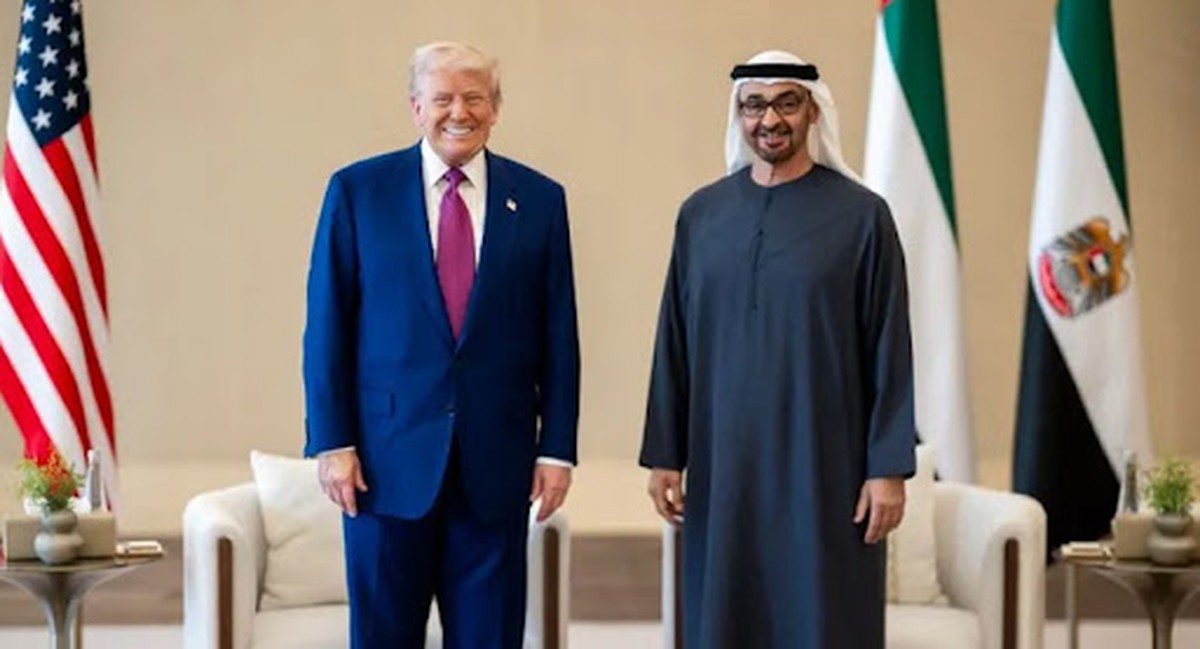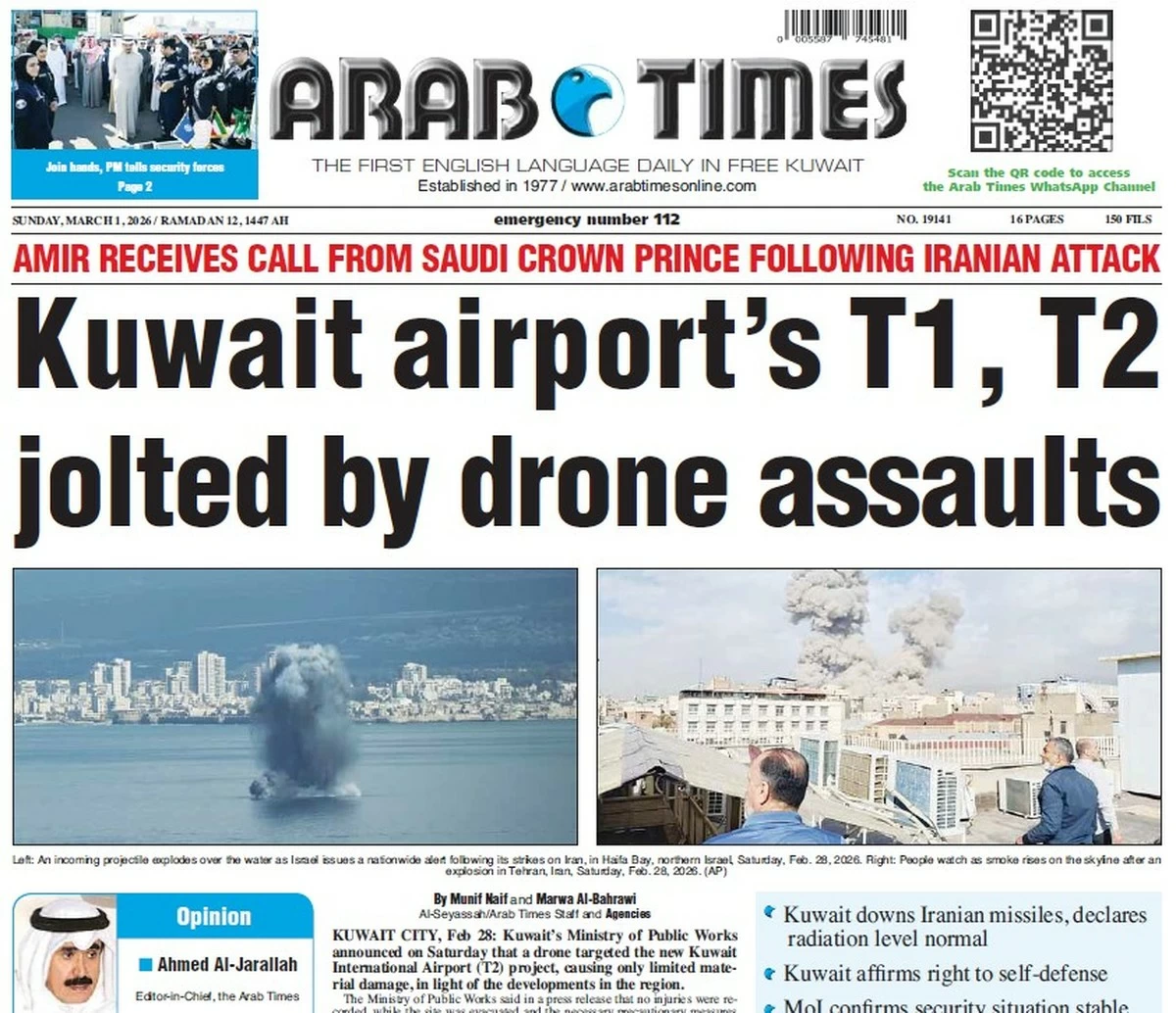17/05/2025
17/05/2025

ABU DHABI, UAE, May 17: The United Arab Emirates and the United States have finalized a pivotal agreement to develop the largest artificial intelligence data center campus outside the U.S., advancing strategic technological cooperation between the two nations.
Announced during U.S. President Donald Trump’s visit to Abu Dhabi, the deal establishes a 5-gigawatt AI complex that will begin with a 1-gigawatt data center and eventually span 10 square miles. The U.S. Commerce Department described it as the largest deployment of its kind abroad and a major step toward deepening America’s AI presence in the region.
“This agreement is a major milestone in achieving President Trump’s vision for U.S. AI dominance,” said Commerce Secretary Howard Lutnick. “By extending the world’s leading American tech stack to an important strategic partner in the region, we are advancing that vision.”
The project is expected to significantly expand the presence of U.S. AI and cloud companies in the Middle East, improving their ability to serve markets in the global south. While no companies were officially named, Nvidia CEO Jensen Huang was seen with Trump and UAE President Sheikh Mohamed bin Zayed Al Nahyan during the visit. Nvidia declined to comment.
The UAE’s ambitions to become a global AI leader by 2031 align with this agreement. Ahead of the visit, UAE Minister of Education Sarah Al Amiri noted the country's focus on economic diversification through technology and AI, calling such infrastructure investments “crucial to securing the region’s post-oil future.”
The White House revealed that the UAE has also pledged to construct or fund data centers in the United States equivalent in size and capacity to those being developed in Abu Dhabi. “The agreement also contains historic commitments by the UAE to further align their national security regulations with the United States, including strong protections to prevent the diversion of U.S.-origin technology,” the White House stated.
A key part of the initiative is the enhanced access the UAE will have to advanced AI chips, particularly from Nvidia. Sources told Reuters the deal could allow the UAE to import up to 500,000 of Nvidia’s top-tier chips per year starting in 2025, representing a major policy shift after restrictions under former President Joe Biden due to security concerns over China.
The sprawling campus will be developed by G42, a state-backed Emirati tech firm, but U.S. companies will manage and operate the infrastructure. Lutnick confirmed that “American companies will operate the data centers and offer American-managed cloud services throughout the region.”
Other components of the broader technology partnership include Qualcomm establishing an AI-related engineering center and Amazon Web Services collaborating with local partners on cloud adoption and cybersecurity.
This agreement represents a shift in U.S. semiconductor export policy. Trump’s AI advisor David Sacks recently said that previous controls “were never intended to capture friends, allies, strategic partners.”
Mohammed Soliman, a senior fellow at the Middle East Institute, called the deal a strategic recalibration. “This shift enables (the UAE) to deepen its technology partnership with the U.S. while still preserving trade ties with China,” he said. “It doesn’t mean abandoning China but it does mean recalibrating tech strategy to align with U.S. standards and protocols where it matters most: compute, cloud, and chip supply chains.”
The UAE’s pursuit of AI advancement has already included investments in American firms such as OpenAI and Elon Musk’s xAI through vehicles like G42 and MGX. Microsoft has also committed $1.5 billion to G42, further reinforcing the bilateral technology partnership.
In response to U.S. pressure, G42 has begun phasing out Chinese hardware and divesting from Chinese ventures. Nonetheless, major Chinese technology firms including Huawei and Alibaba Cloud continue to operate in the UAE. Reports earlier this year indicated that AI chip smuggling to China had been traced through countries like Malaysia, Singapore, and the UAE.
The announcement underscores not only growing trust between Washington and Abu Dhabi but also a broader geopolitical realignment in the AI race, with security assurances and international cooperation at its core.


